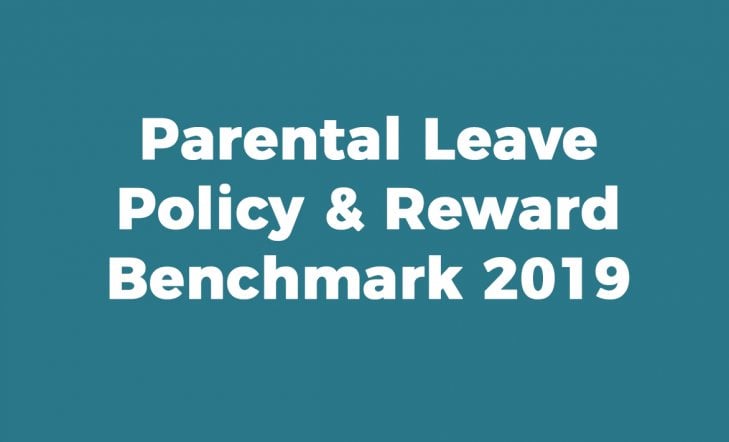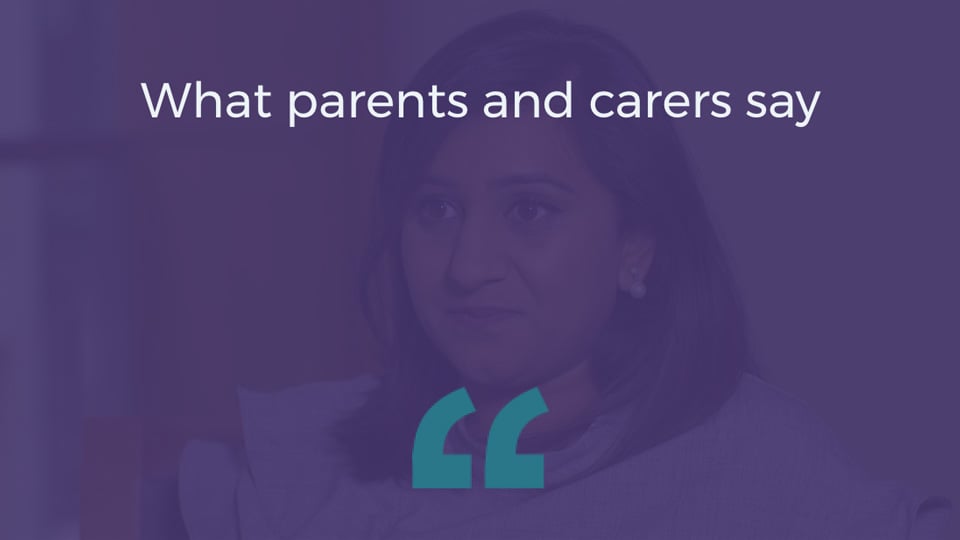Newsletter Sign Up
Regular work+family updates for
HR and diversity professionals.
1. Gender Pay Gap and the role of unequal caring
Gender Pay Gap reporting is the hot topic for Q1. We might have a female PM, a female Home Secretary; women appearing on bank notes at last and the Met Police and London Fire Brigade both run by women; but the figures due out by early April may show a different picture. We have various plans to help with this, including our webinar with HR Review on 8th February: having a gender pay gap is one thing but how you explain your own snapshot and the actions you are taking to address it are the really important parts.
We're also continuing to throw our energy into promoting more equal caring, including promoting Shared Parental Leave, as one aspect of the gender issue, working with partners within Government departments and bodies such as the Women's Business Council: Men as Change Agents board. More equally shared caring must be one of the many keys to gender equality at work. The take-up of SPL will continue to edge up this year. Sure, the numbers will still be below the over-ambitious targets we started out with but momentum, as Jeremy Corbyn knows, is what really counts.
Meanwhile, whoever is looking after the baby, there is no excuse for employers not making sure it's handled well and that women and men stay on track in their careers as well as being the parent they want to be. At the very least people deserve clarity of dates and a decent conversation. The good news is that maternity or coaching or more properly now parent transition coaching is now universally available in various online and more affordable ways. Our very own Parental Leave Toolkit is now being used globally by many of our clients.
2. Smart Benefits and Services
As Gen X continues to take up more leadership roles, the importance of life-enhancing, life-enabling benefits also rises. The whole point of employee benefits is to give employees access to something different/bigger/better than they could get on their own as consumers. The rise of the smart phone and the app means we all have purchasing power now and the shake out is going to start hitting the world of employee benefits in 2018. What does that mean exactly? Well, long-term it means benefits strategies will be all about providing access to goods and services but leaving employees completely free to make their own buying decisions - if you're in the employee benefits space and you don't have something very niche to offer then expect a tough few years ahead.
The end of childcare vouchers is one big story. Yes, childcare vouchers really are going and existing voucher schemes will not to open to new applicants from April, to be replaced by the new tax-free childcare, which takes the employer out of the loop. The Govt's plans - scrap the unnecessarily convoluted voucher schemes, and just give working parents a bit of extra cash - are beautiful in their simplicity. But - so far - not so in their execution. 2018 will see the Govt. getting some of the administrative errors fixed. On one level, it's very good news for working parents. All those companies which hide behind childcare vouchers as a way of pretending to be "family-friendly" will finally have to do something more.
Backup Care is very popular benefit that's adapting to changing expectations. We always had 2018 as the tipping point year. If you can't get a nanny or childcarer to accept a booking in 10 minutes and arrive on your doorstep in an hour then you shouldn't be providing the service. We've had those kinds of expectations in London and certain other large cities for a bit now. In 2018 they will cover more ground It might not sound catchy but "tech-enabled speed of delivery" is the thing that continues to differentiate us from our large American competitors.
As for parents' smarter expectations of the overall childcare market itself, it's going to get worse before it gets better. The entitlement to 30 hours of free childcare is just not what parents want or need and is hated by the industry. The shift to ever more flexible ways of working means parents increasingly need their childcare to follow suit. That's more childminders, nannies and informal care - and less nurseries. There is plenty of pain ahead as childcare funding meets economic reality! Meanwhile, much to look forward to in more sophisticated and employee life-enhancing benefit schemes overall.
3. Working Carers
It is difficult to put into words just how broken the UK's social care system is. People still believe that if you have worked all your life and paid some taxes then there will be some kind of state-sponsored safety net when you need a bit of support later on. There isn't. There is simply no money in the system and we live too long and retire too late for there to be any hope of a short-term solution. It has serious consequences for employers as well. The number of working carers continues to rise, and by the nature of the issue, many carers with their own elderly parents tend to be the more senior people in your organisation. But it's not impossible. There is so much that good employers can do - just look at the way businesses such as PwC and Deloitte approach the challenge, whether it's smarter working, special leave for carers or benefits and advice services that make the care maze more easy to navigate and afford. 2018 will see working carer support go from nice-to-have to mainstream as more and more organisations start to understand what good support looks like.
Best wishes for 2018 to one and all.
Ben Black












